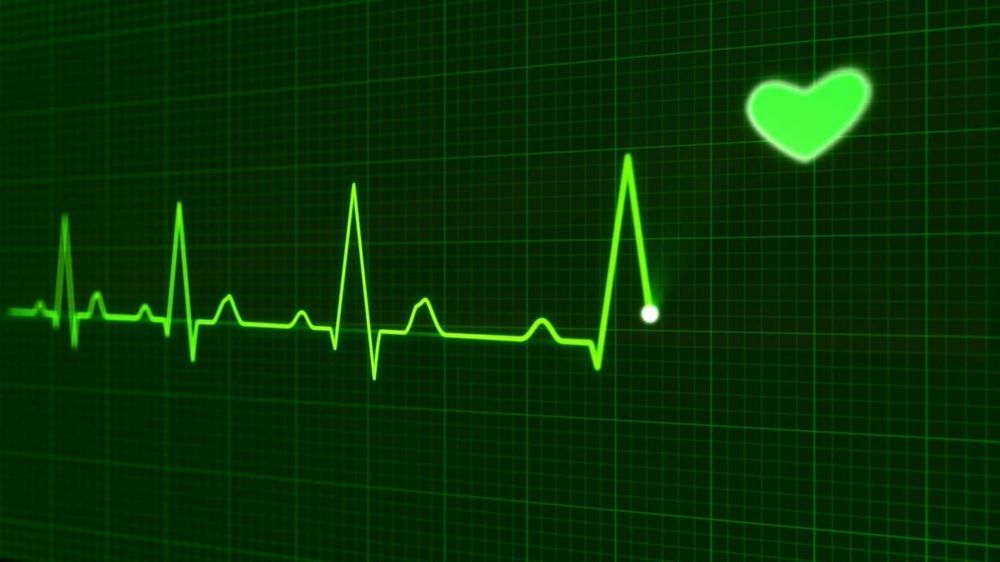By adulthood, the heart is no longer able to replenish injured or diseased cells. As a result, heart disease or an event like a heart attack can be disastrous, leading to massive cell death and permanent declines in function. A new study by scientists at the Lewis Katz School of Medicine at Temple University (LKSOM), however, shows that it may be possible to reverse this damage and restore heart function, even after a severe heart attack.
The study, published June 21 in the print edition of the journal Circulation Research, is the first to show that a very small RNA molecule known as miR-294, when introduced into heart cells, can reactivate heart cell proliferation and improve heart function in mice that have suffered the equivalent of a heart attack in humans.
“In previous work, we discovered that miR-294 actively regulates the cell cycle in the developing heart,” said Mohsin Khan, Ph.D., Assistant Professor of Physiology at the Center for Metabolic Disease Research at LKSOM. “But shortly after birth miR-294 is no longer expressed.”
